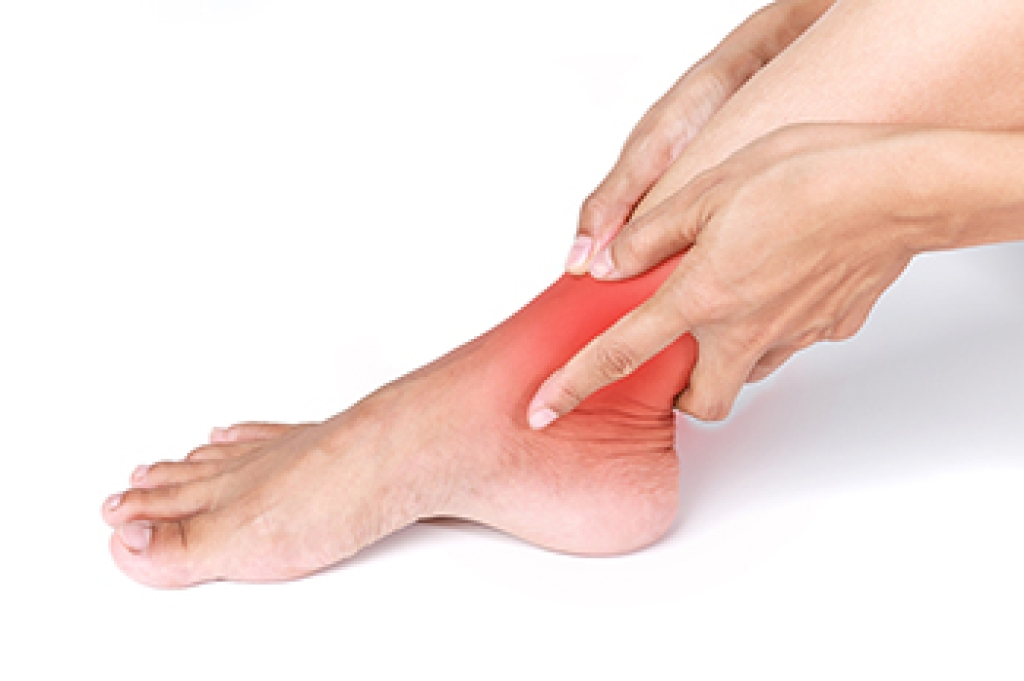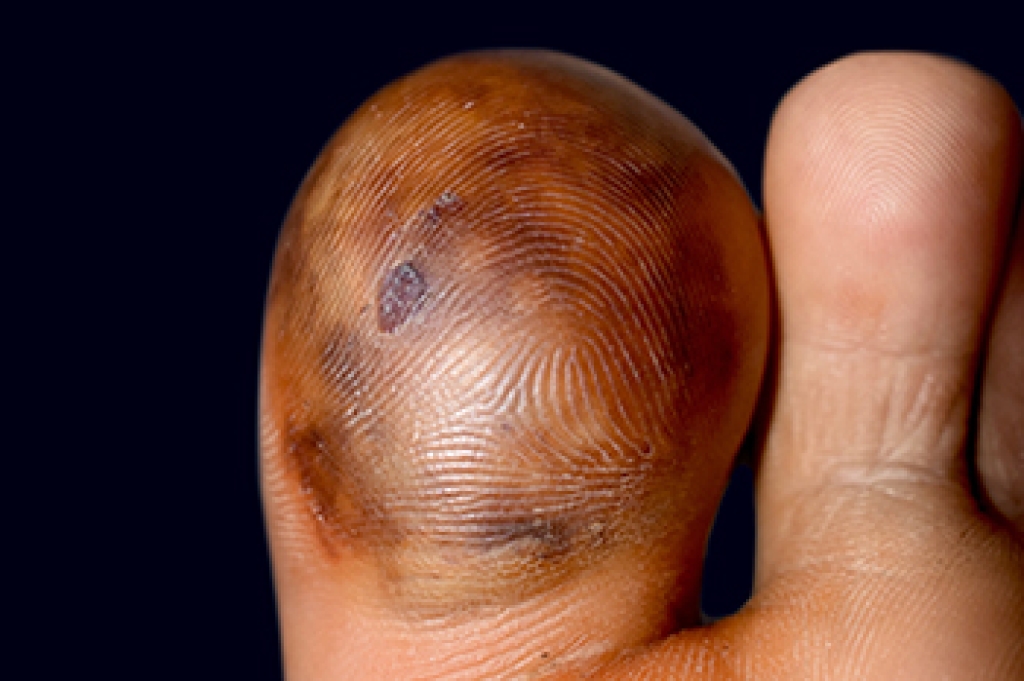
Toenail fungus is often dismissed as a cosmetic problem, but it can affect both physical comfort and emotional health. Thickened, brittle, or discolored nails may press against shoes, leading to irritation and pain with walking or standing. This ongoing discomfort can interfere with daily routines and limit physical activity. Many people also feel embarrassed by the appearance of infected nails, which may lead them to avoid open-toed shoes or social situations. Feeling self-conscious over time can quietly affect confidence and overall mental well-being. When left untreated, toenail fungus may worsen, making nails harder to trim and increasing discomfort. Addressing the problem early can improve both foot comfort and peace of mind. If toenail changes are causing pain, frustration, or emotional stress, it is suggested that you see a podiatrist for an accurate diagnosis and appropriate treatment, which may include prescribed medication.
For more information about treatment, contact one of our podiatrists of Family Foot Health Center. Our doctors can provide the care you need to keep you pain-free and on your feet.
Toenail Fungus Treatment
Toenail fungus is a condition that affects many people and can be especially hard to get rid of. Fortunately, there are several methods to go about treating and avoiding it.
Antifungals & Deterrence
Oral antifungal medicine has been shown to be effective in many cases. It is important to consult with a podiatrist to determine the proper regiment for you, or potentially explore other options.
Applying foot powder on the feet and shoes helps keep the feet free of moisture and sweat.
Sandals or open toed shoes – Wearing these will allow air movement and help keep feet dry. They also expose your feet to light, which fungus cannot tolerate. Socks with moisture wicking material also help as well.
If you have any questions please contact our office located in Rogers and Berryville, AR . We offer the newest diagnostic and treatment technologies for all your foot and ankle needs.




